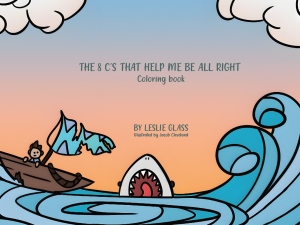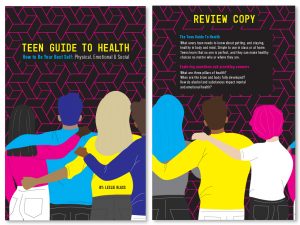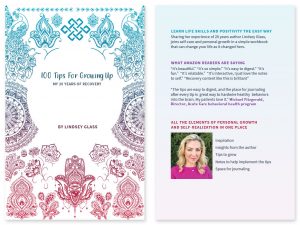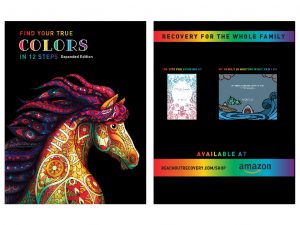Meet Leslie And Lindsey Glass
ROR Founders Author Must-Read Self Help Memoir

Published by HCI Books On Sale April 16, 2024
Amazon * Barnes & Nobel *Walmart * Target
Click Your Favorite Store To Buy Now
Playlist
Our Documentary
OUR MISSION

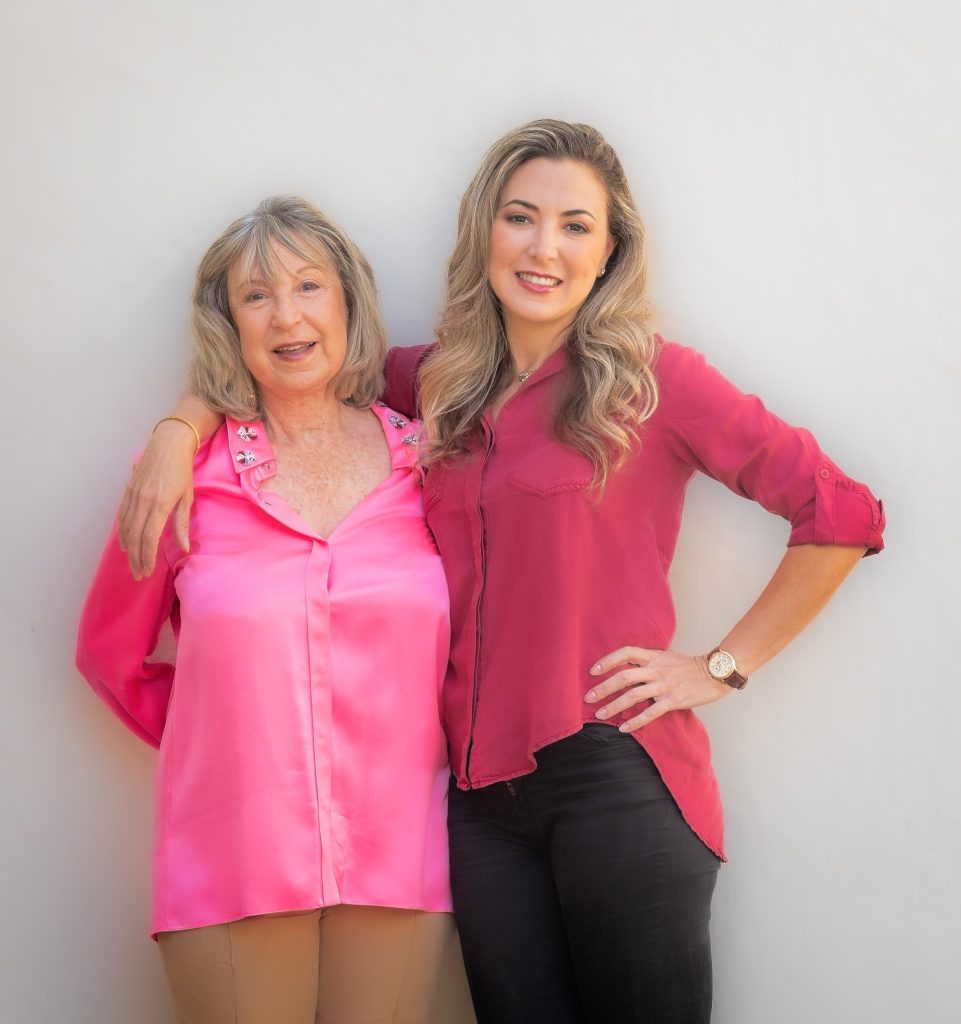
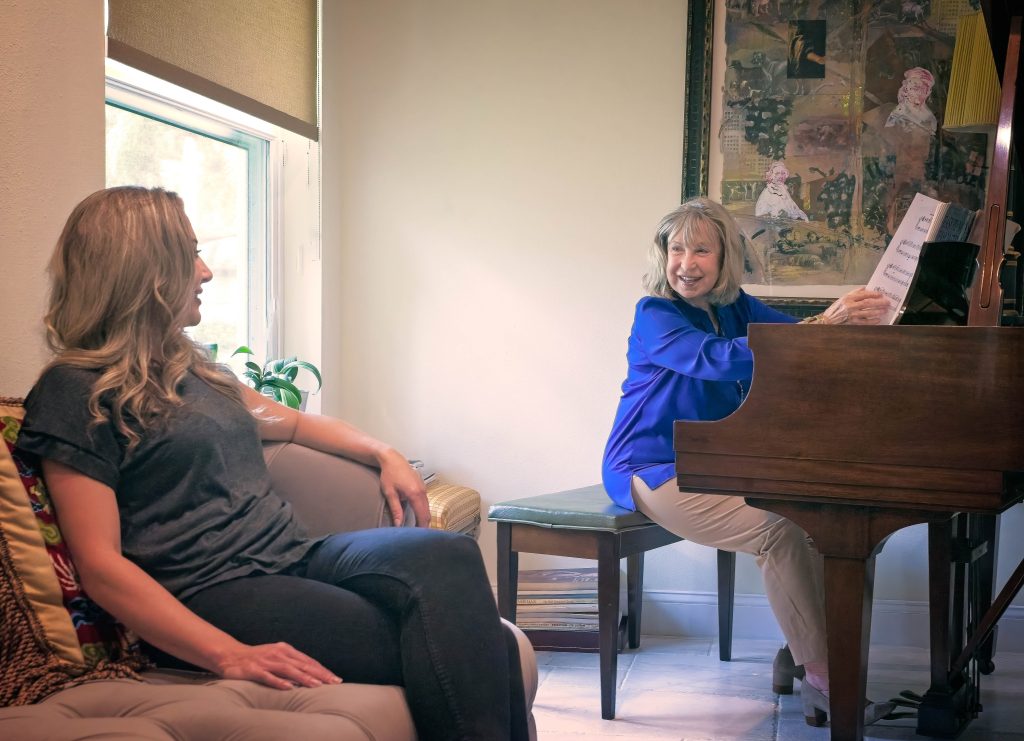
Located in Sarasota Florida and Los Angeles California, Reach Out Recovery has a worldwide audience for its more than 1,500 original articles that simplify complicated medical and psychological information. Reach Out Recovery welcomes submissions from health and wellness organizations as well as experts on relationships, addiction, recovery, education for teens and all aspects of the healthy lifestyle. The company has published books including, 100 Tips for Growing Up, My 20 Years of Recovery, by Lindsey Glass; The Teen Guide To Health, What Every Teen Needs to Know, by Leslie Glass, workbooks and other tools for recovery and a healthy lifestyle. The website has daily updates, journal prompts, interactive content, daily quotes, and an active social media platform.
ROR was created by Leslie Glass and her daughter Lindsey Glass, who themselves traveled the recovery journey from the chaos of family dysfunction and substance use in the teen years through the slow process of transformation to a decade of recovery success.
“We had no roadmap or reliable sources of information to help us build a new foundation to support our recovery and felt isolated and alone in our struggle to achieve a new and better normal. We knew other families were just as in the dark.”
As we developed ROR, we realized that the focus has always been on the substance users. All conversations have revolved around what to do and how to treat substance addictions. Addiction may have taken center stage in the public consciousness, but only 1 in 9 people who need help actually receive it, even with addiction deaths at an all time high. Even sadder, family members receive virtually no attention at all. We want to change that.
The Silent Majority
ROR ACHIEVEMENTS AND AWARDS
Reach Out Recovery (ROR) is redefining recovery as everyone is recovering from something. The site, which has seen +5 million unique visitors since 2020, is focused on addiction education, prevention, and family wellness.
Created in 2012 by recovery advocates and mother/daughter writing team, ROR crafts meaningful content for millions of people seeking a healthy lifestyle, recovery from family dysfunction, trauma, addiction, and mental illness.
The duo is transforming the narrative on recovery advocacy by creating positive solutions and promoting family wellness. Their company stands for empowering individuals and families to be their best selves.
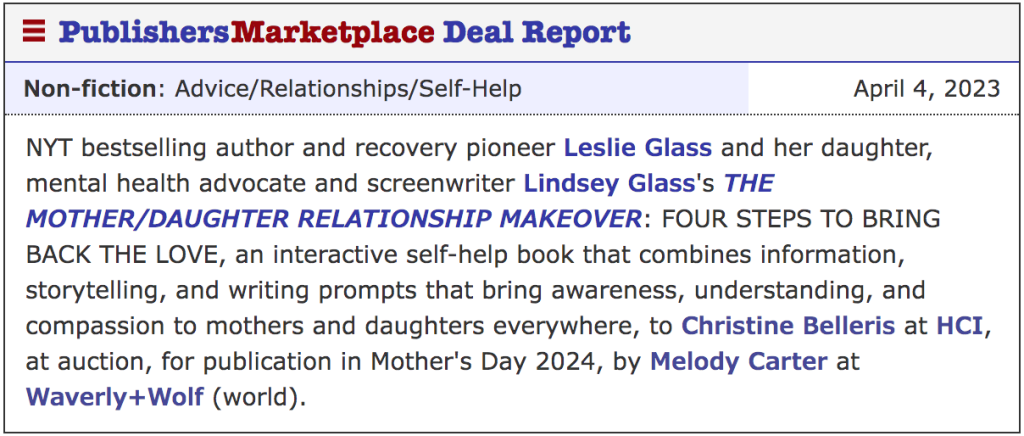
April 2023 Announcement in Publishers Market Place
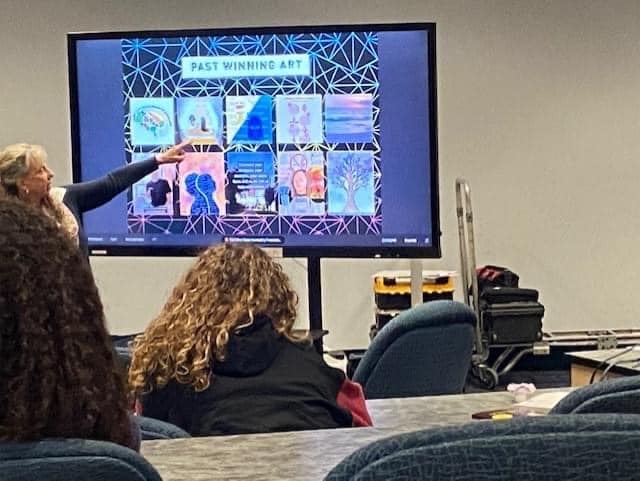
Leslie teaching Florida teens The Teen Guide To Health
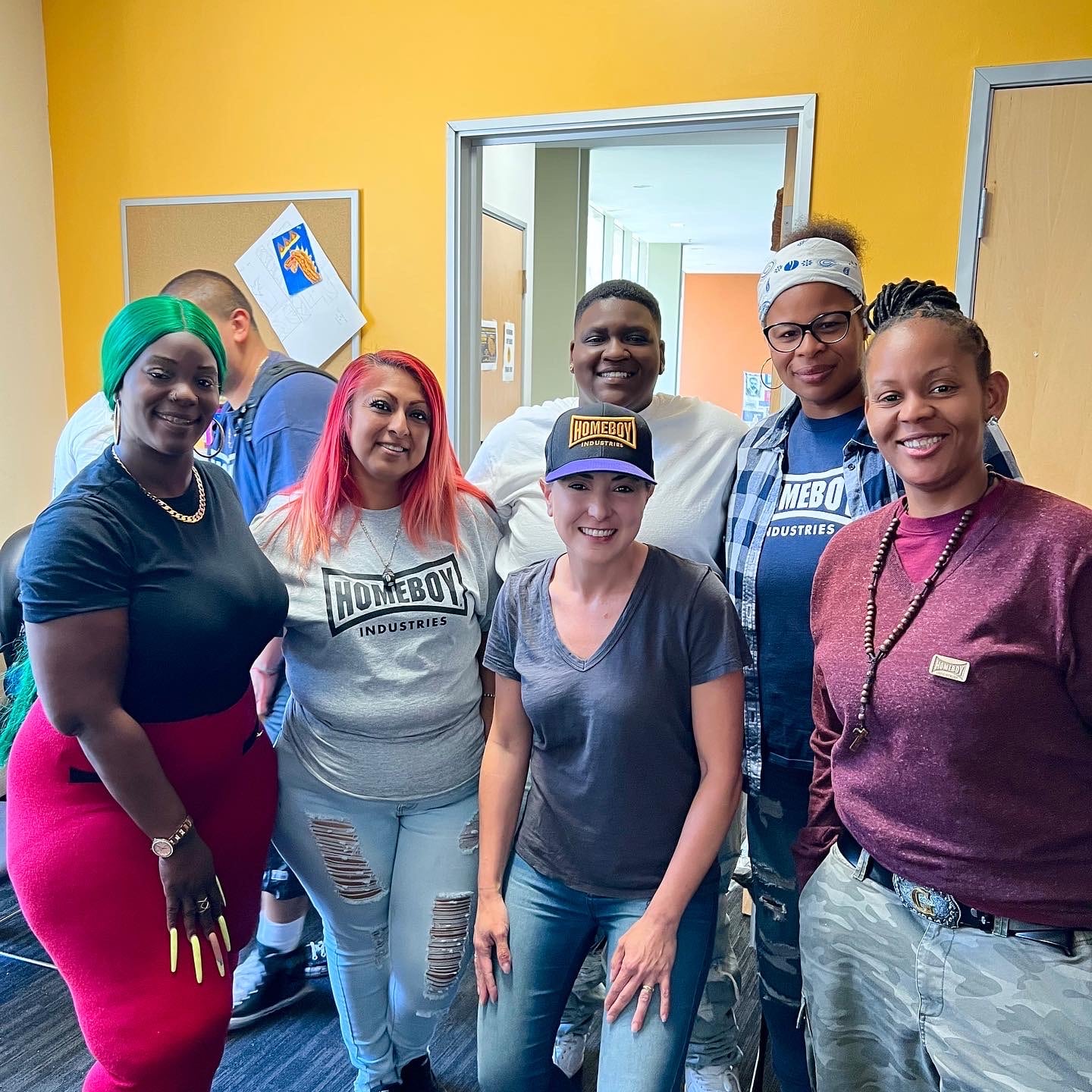
Lindsey With Her 100 Tips Class From Homeboy Industries
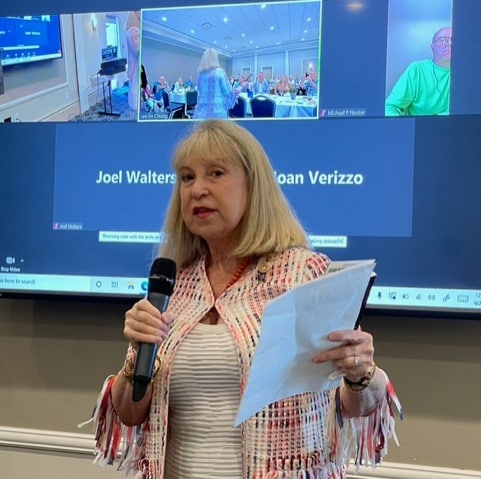
Leslie Speaking on Mental Health at Rotary Clubs
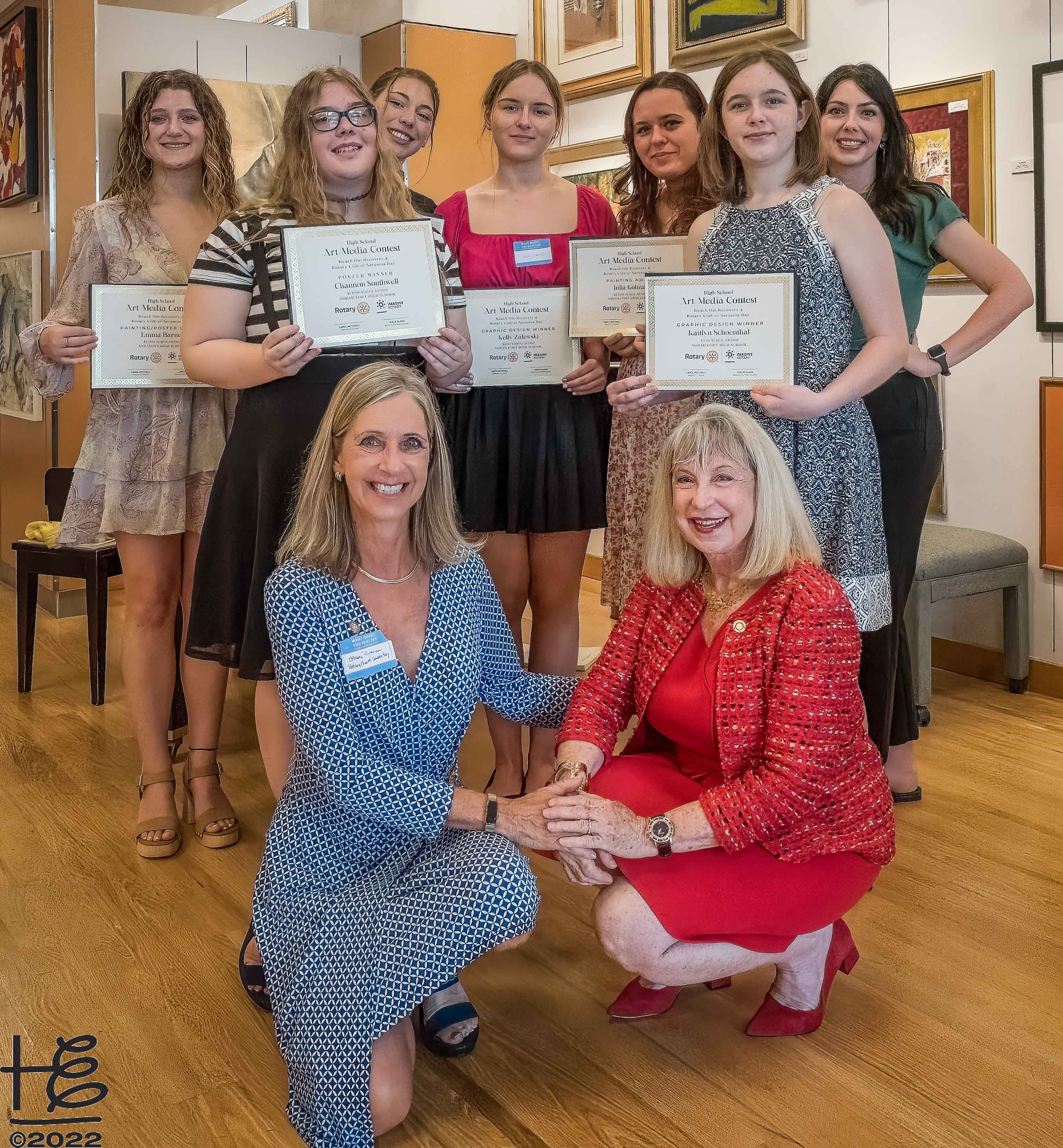
Leslie and Stacy Ridenour giving schlarship awards
What Else We Were Up To In 2023

Leslie teaching Florida teens The Teen Guide To Health
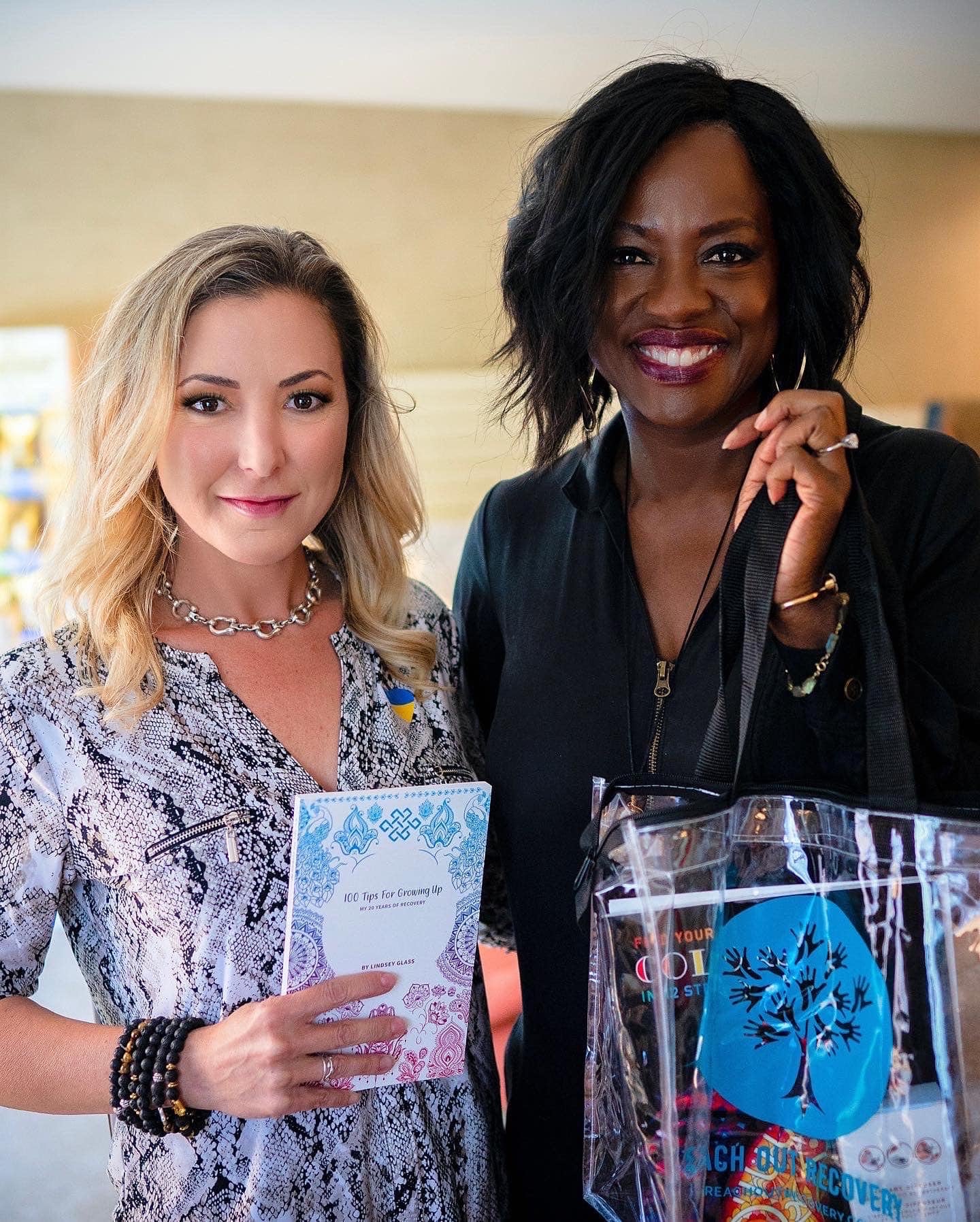
Lindsey With Viola Davis At An Oscars Event
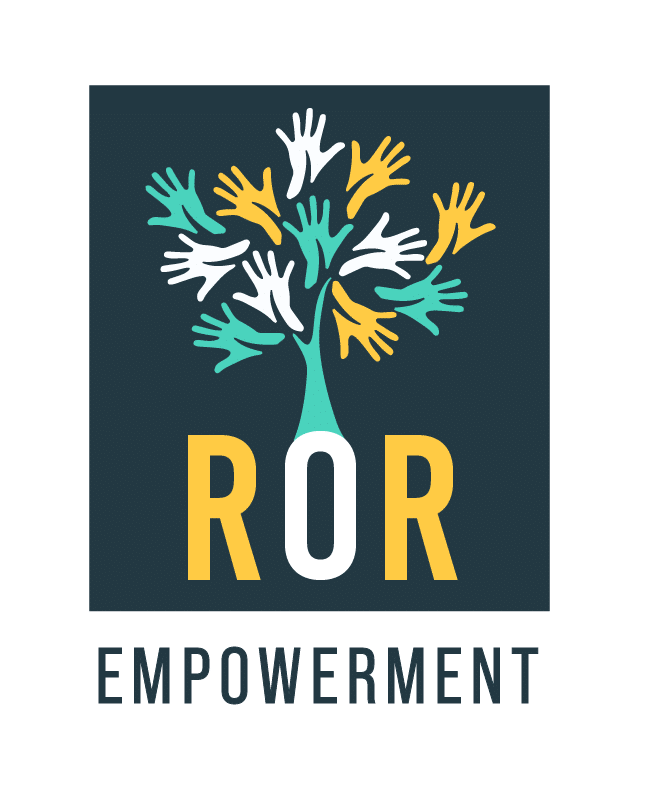
Launched our nonprofit
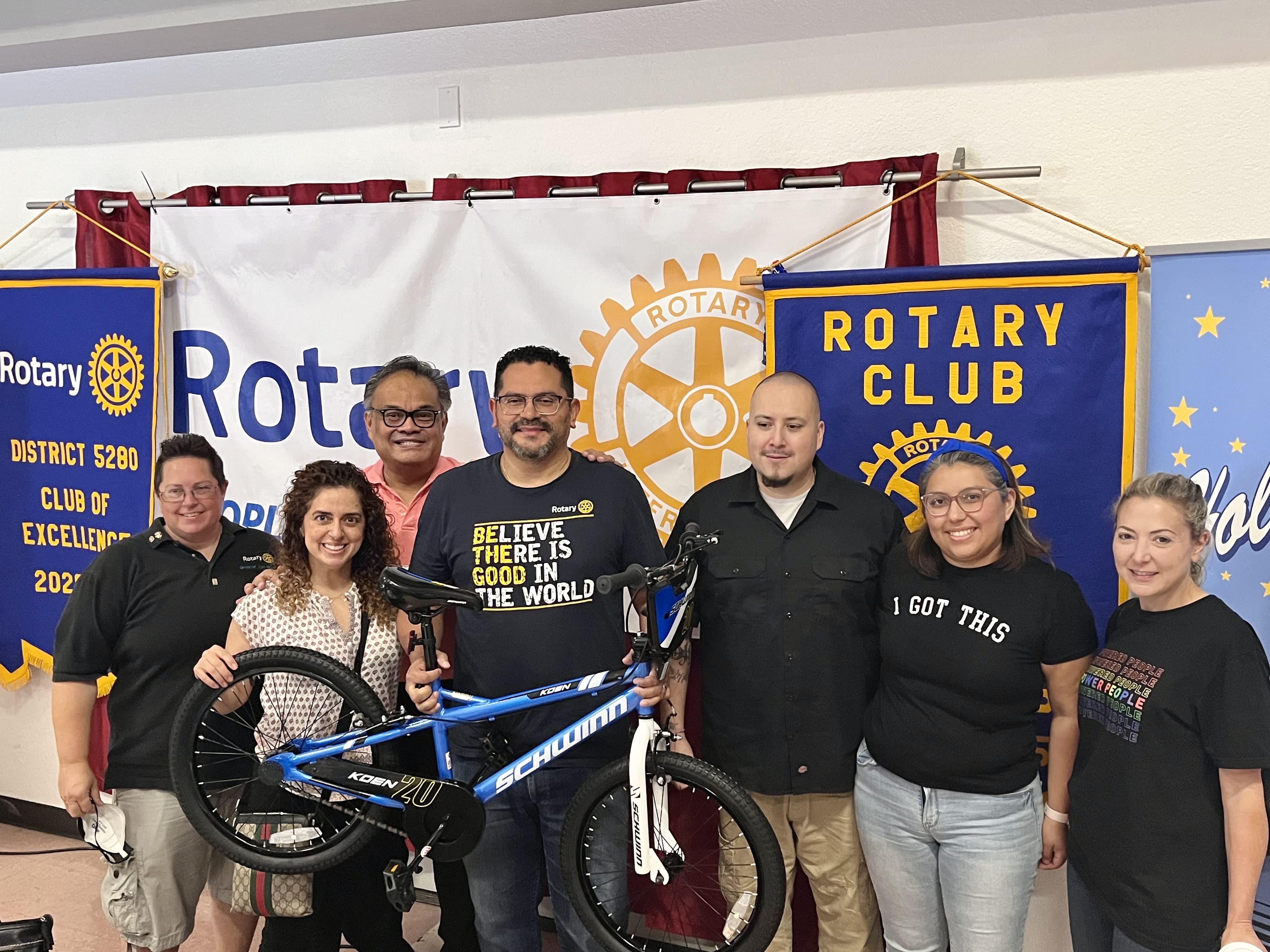
Lindsey at a Rotary Community Service Project in LA
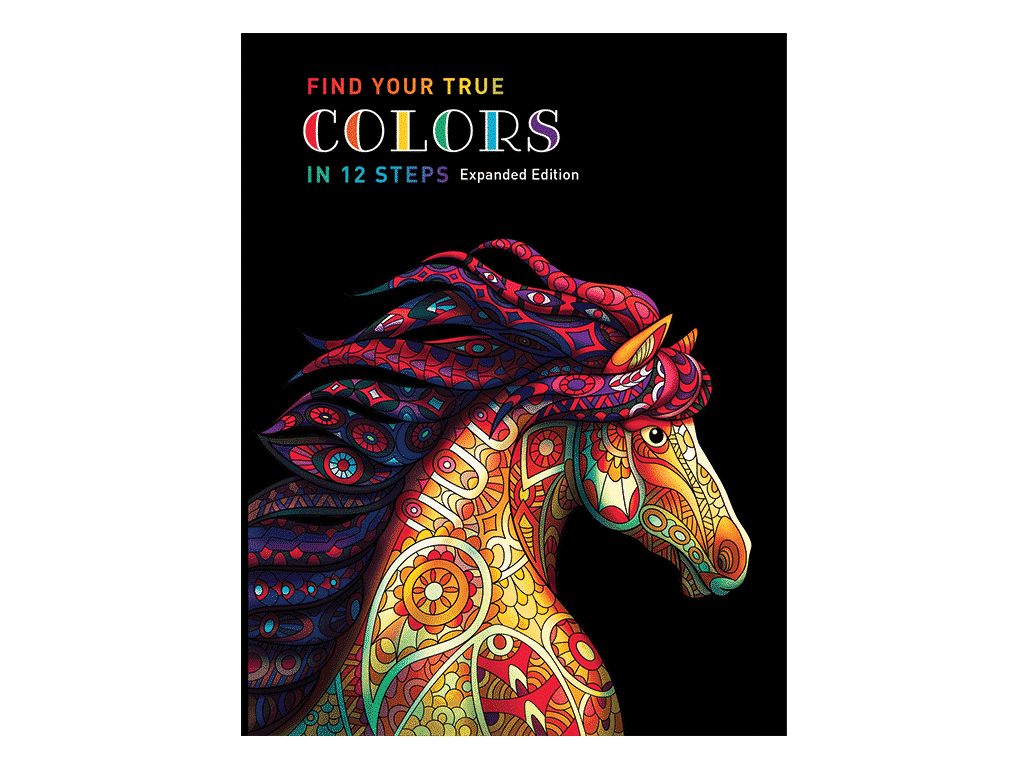
All new expanded edition of Find Your True Colors in 12 Steps
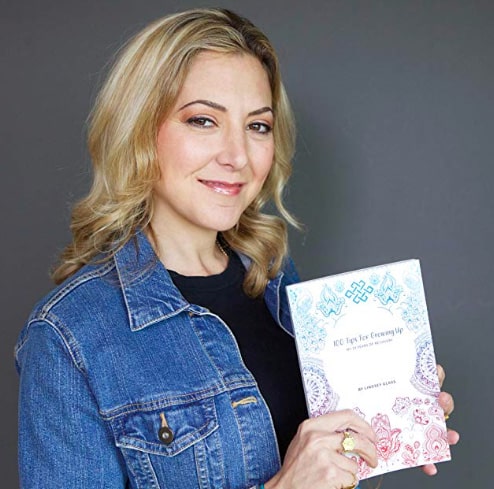
Lindsey with 100 Tips For Growing up
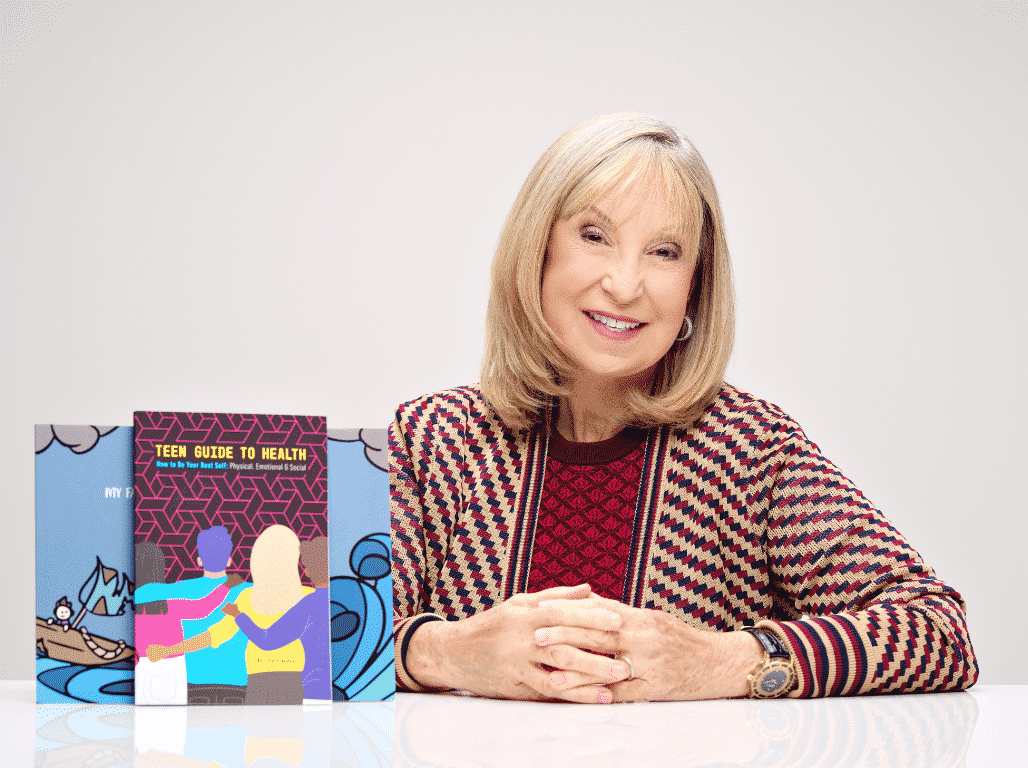
Leslie With Teen Guide To Health
Newsweek Expert Panel Representing Reach Out Recovery, Leslie joins the Newsweek Expert Panel for her expertise in mental health and addiction prevention.
Spring Education series podcast Recovery Village, featuring Leslie and Lindsey. Mother/Daughter talk Repairing Relationships After addiction.
Rotary International US Task Force on Addiction Prevention Leslie becomes a founding member of the Rotary US Task Force on Addiction Prevention.
Spring/Summer High School Art/Media Competition Reach Out Recovery partners with Rotary Club of Sarasota Bay for a high school media/art contest using the Teen Guide To Health to create mental health messaging by and for teens. Interact Club of Sarasota High School hosts the contest in its first year.
Teen Guide To Health, by Leslie Glass is published.
Rotary International Action Group Mental Health Initiatives Leslie joins the international action group for mental health initiatives worldwide.
Rotary Club of Sarasota Bay District 6090 Reach Out Recovery becomes a corporate member of Rotary International.
Celebration of Service Award Returning Peace Corps Volunteers Central Florida
Social Venture Award Innovations Journal (Philadelphia)
100 Tips For Growing Up, My 20 Years of Recovery, by Lindsey Glass published just in time for Recovery Month 2019. Adults 18 and up
My Family Is Hurting What Can I Do, 8 C’s Coloring book, by Leslie Glass developed for children with adverse experiences, Ages 5-10
Find Your True Colors In 12 Steps, Recovery Activity Book 70 pages of coloring and writing that brings creativity and journaling together to support recovery and recovery literacy programs. Teen and up
ASAM Media Award winning documentary, The Secret World of Recovery, reveals life on the other side of addiction produced and directed by Leslie Glass and Lindsey Glass. All audiences. 37 minutes 2012.
PBS Station WEDU debut The Silent Majority, documentary features 5 programs that empower teens to make healthy lifestyle choices, produced and directed by Leslie Glass. Hosted by Lindsey Glass. Distributed in 2014-15 by American Public Television to all PBS stations. All audiences. Run time 47 minutes.


